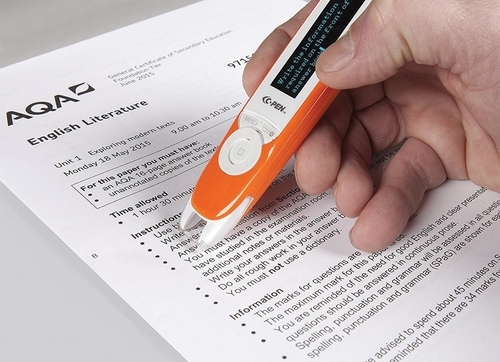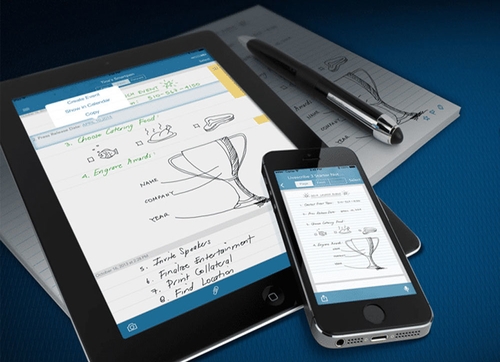How do Autism Workplace Needs Assessments work?
Autism Workplace Needs Assessments are impartial assessments relating to work performance, circumstances, and adjustments based on your ASD related challenges. The assessment’s objective is to find solutions to support with day to day tasks which can be a barrier because of your ASD.
A report of findings will outline challenges and identify if there are any reasonable adaptations that would improve your working life, such as assistance with communication or workload management.
If you struggle with not always understanding what is being asked of you or why then we might recommend 1-2-1 mentoring sessions or technology in the form of mind mapping software. Perhaps a change of arrangement relating to seating plans or meetings might be of benefit.
These adjustments are provided as recommendations, which we will also then continue to help you and your employer implement.
If you are an employee with ASD, the assessment is free for you. Your employer should cover the costs of implementing our recommendations but may be offered financial support through the Access to Work Scheme.
Access to Work provides grants to cover, or share, the costs of the support, depending on how recently the employee was hired and the size of your company. For more information on how the costing works, give us a call on 0208 133 6046.

What happens in Workplace Needs Assessments?
How are reasonable adjustments implemented after an autism workplace needs assessment?
In order for reasonable adjustments to be implemented, an approval from Access to Work (ATW) needs to be obtained.
Below is the process to get reasonable adjustments implemented:
1. When you apply for the assessment, we make an application for support to ATW on your behalf
2. The candidate is assessed (workplace needs assessment) to identify any barriers due to their condition/disability and recommend reasonable adjustments to improve their working life. Exceptional individuals will not charge for this service if you choose to proceed with the application to ATW and also, agree for Exceptional Individuals to be your supplier for tech training and coaching. But there will be a charge of £350 + VAT if you choose not to proceed with the application or choose an alternative supplier for training after the award.
3. Next, a report is produced - A full copy is shared with the candidate and a summary is shared with their employer. The candidate can choose whether or not to share the full report with their employer.
4. ATW will assign an adviser – they will contact the employee to discuss the recommendations in the report. The candidate will give consent for ATW to contact their employer, if they are not self-employed. Currently it takes 1 - 5 months for an advisor to be assigned.
5. If you’re not self-employed, ATW will contact the employer to discuss the report, process, and their contribution.
6. Support will be approved once agreed - an award letter will be sent by post to the employee and a digital copy will be sent to the employer.
7. We will generate invoices for the recommendations awarded by Access to Work. The invoices must be paid by the employer first, or ATW if the employer is small (hires less than 50 people, or if the individual is self-employed)
8. Once the payment is received, we will start to arrange the delivery of equipment and training and workplace coaching.
9. At the same time, part-fill claim forms will be completed by us and sent to the employer, who will need to sign them with the employee and post them to Access To Work to be reimbursed as per the award letter. For self-employed individuals, the claims are posted to ATW with our invoices.
Book a Workplace Needs Assessment...
...using our form below to start the process. Once you have submitted your form, we will get back to you within 7 working days. If you’d rather speak with us, feel free to call us on 0208 133 6046, or fill in our contact form.
We also review assistive technology!
Reasonable adjustments for autism and other neurodiversities can vary depending on each individual’s needs. However, assistive technology is something that is commonly provided, helping neurodiverse adults to navigate modern-day technology easier.



